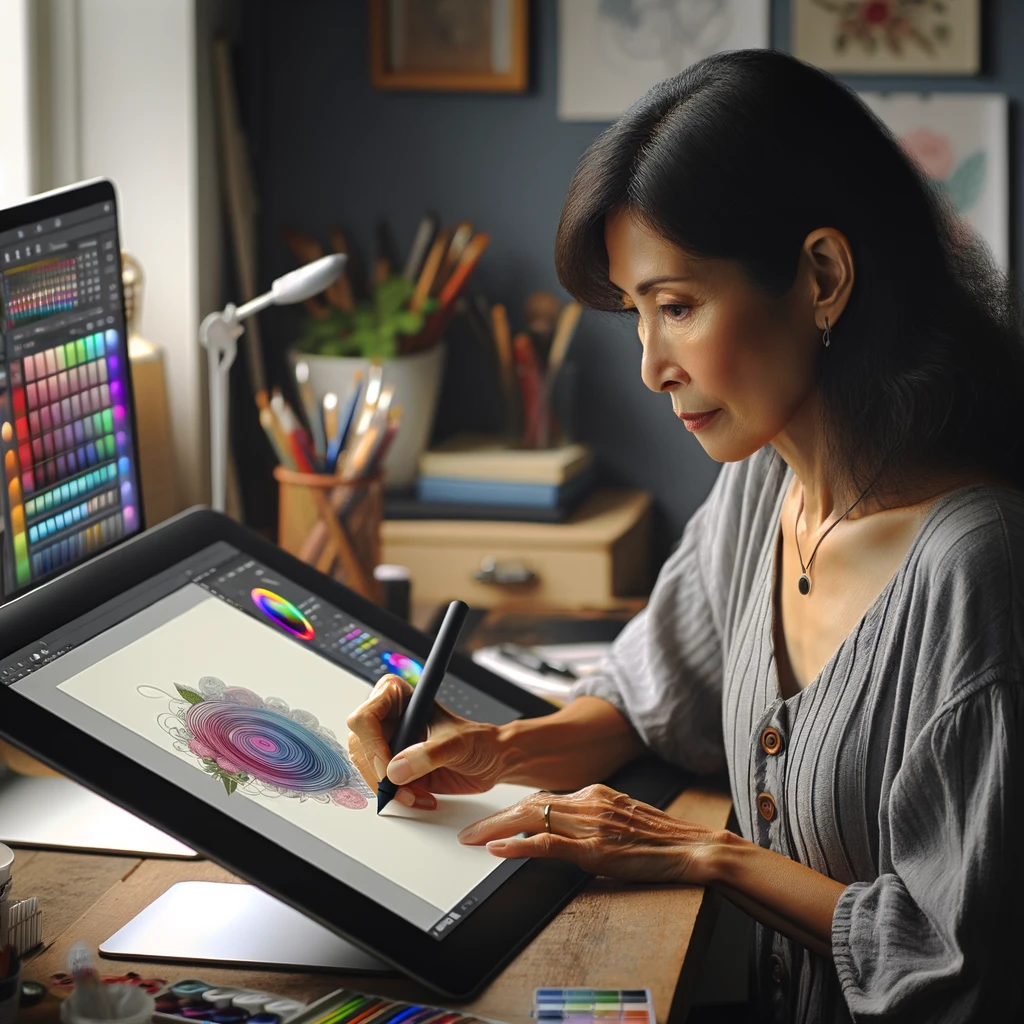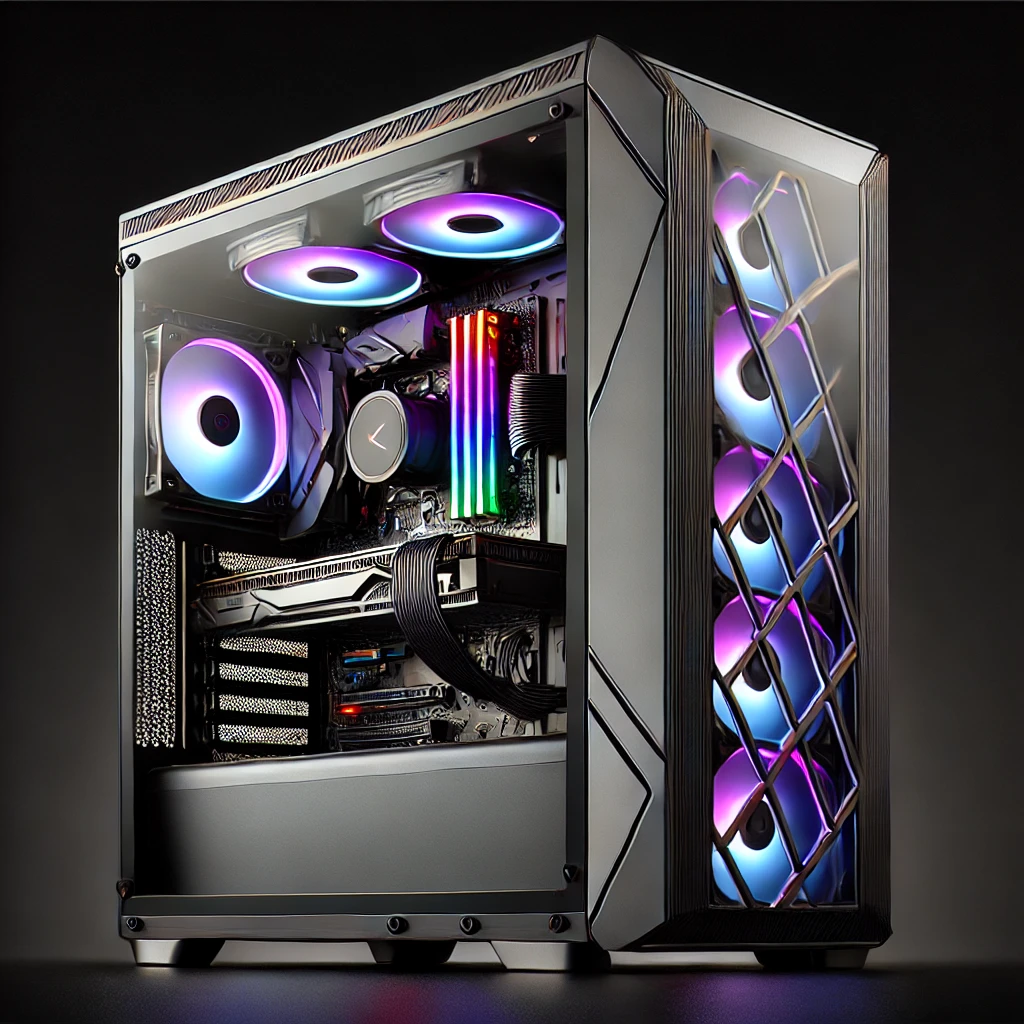Your cart is currently empty!

Colors bring life to digital art, and understanding how to manipulate them effectively is crucial for any artist. Krita, a renowned open-source painting program, is equipped with an array of color tools designed to enhance the digital painting experience. In this comprehensive guide, we will explore the depth and breadth of Krita’s color tools, providing artists with the knowledge to fully unleash their creative potential. Take one of our digital art classes 
The Palette of Color Tools in Krita
Krita’s color tools are diverse and intuitive, catering to both beginners and professional artists. Here’s a breakdown of the primary color tools available:
Color Selector
At the heart of Krita’s color tools is the Color Selector. It offers various modes of color selection, including RGB, HSV, and more, allowing artists to pick precisely the color they need.
Advanced Color Selector
The Advanced Color Selector extends the basic functionalities, providing more control and options like color history, saving favorite colors, and setting up custom color palettes.
Pop-up Palette
Krita’s Pop-up Palette is a quick-access tool that allows artists to switch colors and brushes effortlessly while painting, enhancing workflow efficiency.
Gradients and Patterns
Gradients and patterns play a significant role in adding depth and texture to digital art. Krita offers a rich set of tools to create and customize gradients and patterns.
Mastering Color Theory with Krita
To effectively use color tools, understanding basic color theory is essential. Krita supports artists in this regard with features like:
- Color Wheel: Helps in understanding complementary and analogous colors.
- Gamut Masks: These masks assist artists in choosing a harmonious color palette, adhering to certain color schemes.
Creative Use of Color Blending and Brushes
Krita shines in its blending capabilities and brush engines that respond dynamically to color choices.
- Blending Modes: Krita offers a variety of blending modes for layers, enabling artists to create unique effects and color interactions.
- Dynamic Brushes: The brushes in Krita can be customized to respond differently to color changes, adding versatility to the painting process.
-
 Universal Stylus Pen with Case$30.00
Universal Stylus Pen with Case$30.00 -
 Simplecom CR402 USB-C and USB-A SD/MicroSD Card Reader$20.00
Simplecom CR402 USB-C and USB-A SD/MicroSD Card Reader$20.00 -
 Deco Mini 7$70.00
Deco Mini 7$70.00 -
 Deco Pro Small$180.00
Deco Pro Small$180.00
Tips for Color Management in Krita
- Calibrating Your Display: Ensure your display is correctly calibrated for color accuracy.
- Using Reference Images: Employ color reference images to maintain consistency in your artwork.
- Experimentation: Don’t hesitate to experiment with different color combinations and tools.
Conclusion
Krita’s color tools are robust and versatile, capable of catering to any artist’s color needs. By understanding and utilizing these tools, artists can elevate their digital artwork, bringing their visions to life with vivid and accurate colors
Discover more from LithGeek Custom Gaming Computers
Subscribe to get the latest posts sent to your email.
by
Tags:


